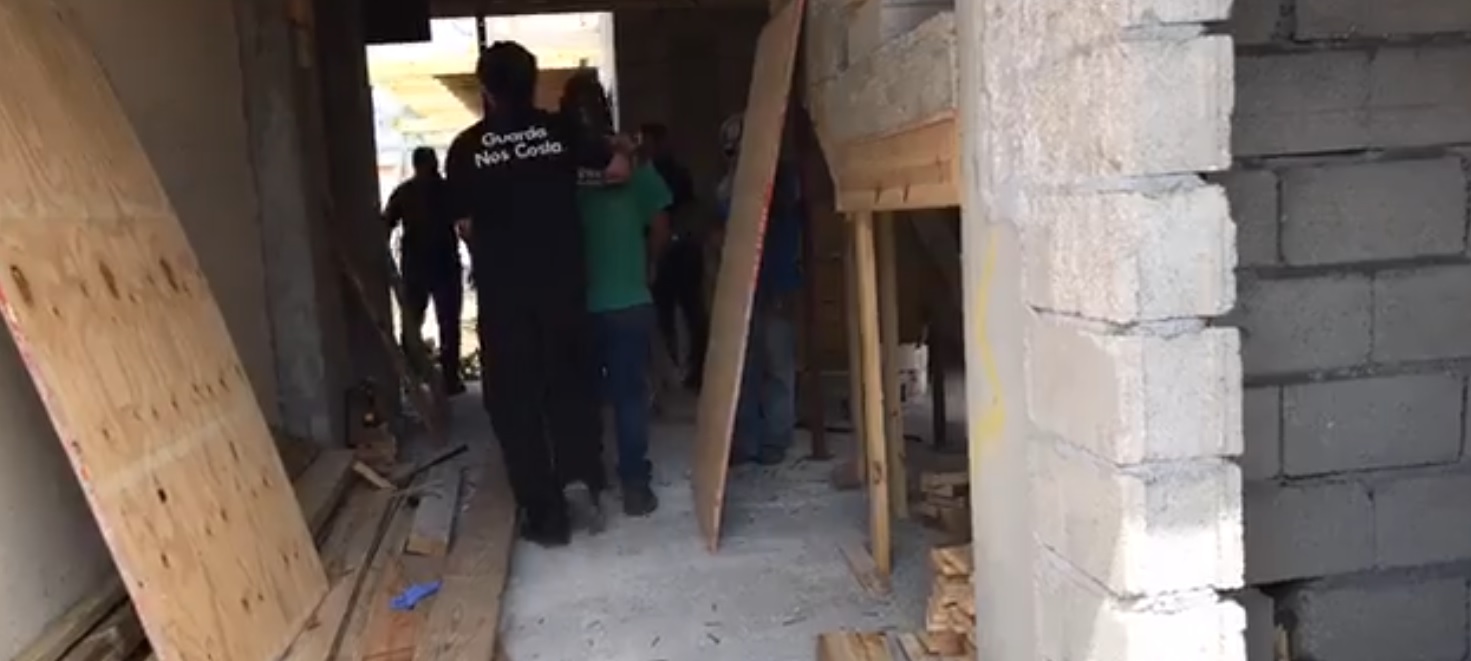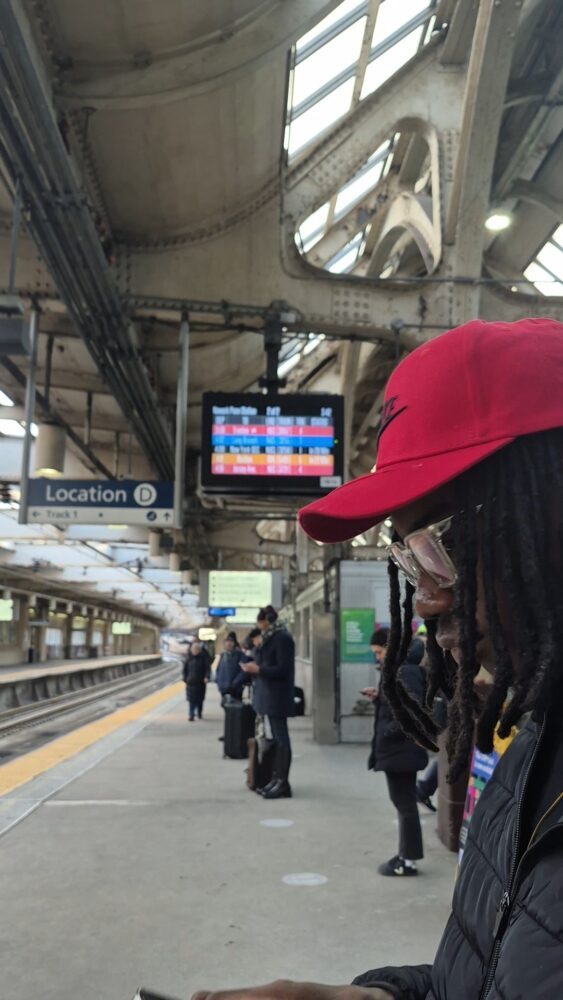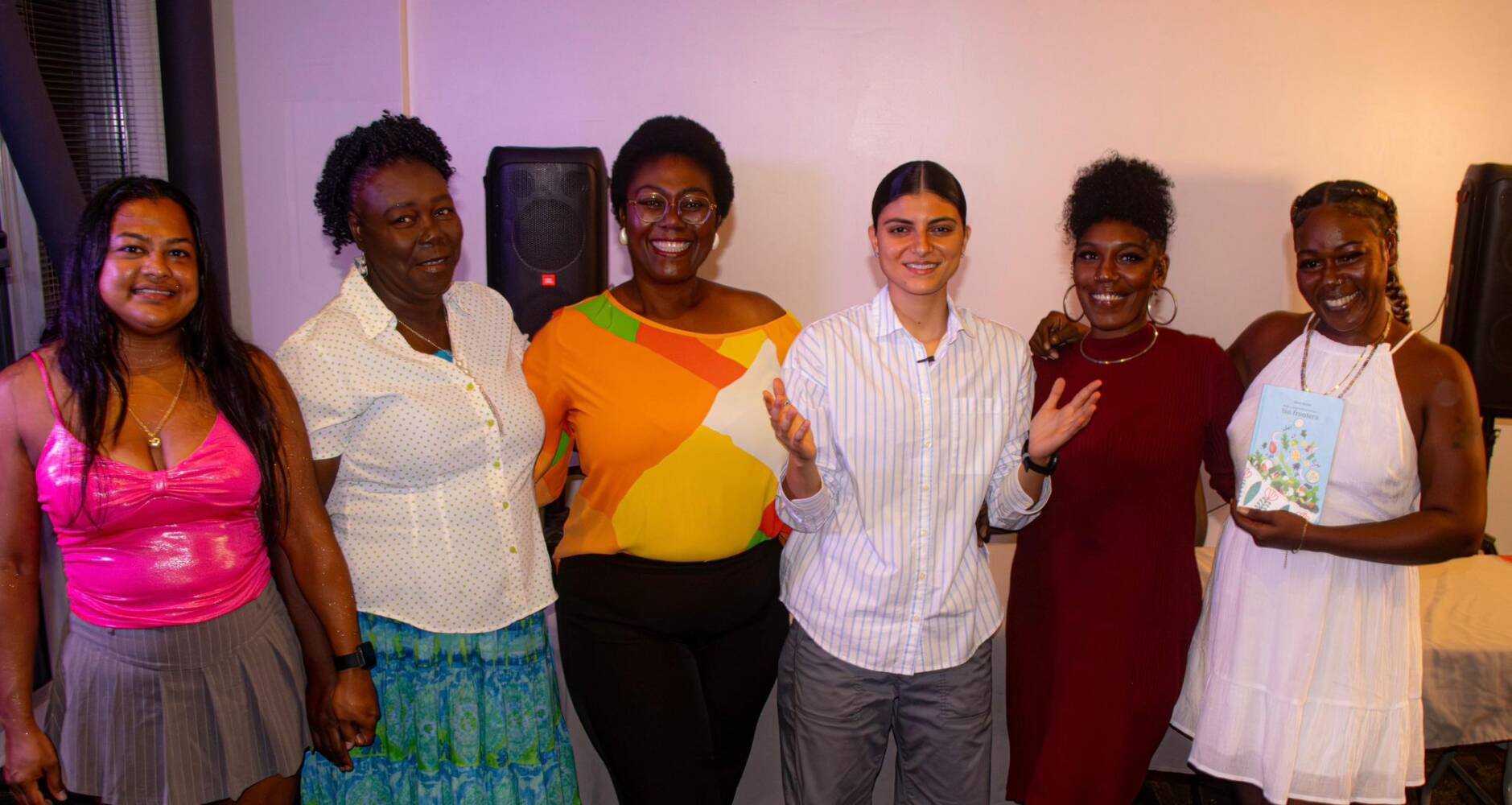ORANJESTAD – “The new permit rules for the construction sector are ridiculous. I want to work and not ask for a hand out.” Venezuelan Luis* has been an undocumented immigrant on Aruba for six years and now he’s unemployed.
It’s not only due to the corona crisis, he says. The government is loosening measures on the one hand but is implementing new rules that are being checked vigorously. For example in the construction industry: for every build, construction companies now have to apply for a special permit. The government uses these to ensure that companies follow the hygiene and distancing rules. But it’s also a way to check for moonlighting, illegal practices, and other irregularities in the construction industry.
Luis* speaking to Sharina Henriquez
Download the audio here
.
A lot of construction workers and handymen on Aruba have been coming in from Venezuela for a few years because of the crisis and poverty there. Most of them send a large portion of their salary to their country of birth to support the family members they left behind. “If I don’t send anything, they’ll die of hunger”, says Luis who’s family live in Maracaibo.
He’s been trying to get a residency and work permit for years. But he has been scammed twice and has lost 8.000 Aruban florins (4.070 euros) to mediators who regularly abuse the vulnerable situation in which Venezuelans find themselves in the island. “I’m not the only one. It has also happened to my friends.”
‘Prefer Latinos over Arubans’
Despite this people from Latin America are very much in demand in the construction industry. According to Dutch Pat*, who owns his own construction company on the island, this is the case because these laborers ‘work harder than Arubans’. Out of fear for negative reactions Pat doesn’t want to use his actual name for this article.
“I don’t have any problems with the Arubans-first job policy. But without wanting to sound too harsh, the majority of Arubans in the construction industry, you don’t want to work with them. They don’t show up, or they’re sick. While Latinos are hard workers”, Pat says.
The new construction permits will only make the situation worse for undocumented individuals. But also for small construction companies. “It’s a whole bunch of paperwork. You can’t do emergency repairs in between jobs for example. And even if I want to paint my wall at home, or rebuild it, I have to apply for a permit. They’re not lifting up the economy in this manner, but are tearing it down.”
Slow permit process
A large construction company on the island is also complaining about the extra bureaucracy. “The issuance of permits is happening too slowly”, says the owner, who also doesn’t want to be named in the media for fear of repercussions. “I can’t wait any longer. I don’t have any reserves anymore after being closed for two months due to corona, because I kept on paying my staff. So I have to start generating an income and just accept the fine.”
Dependent on food aid
The Aruban government has said that individuals without papers cannot get help from the government. The special ‘unemployment benefit Fase’ and the wage subsidy are reserved for people and companies which have the proper documentation. “Undocumented immigrants have to turn to aid organizations such as the Red Cross for help” said the Aruban prime minister a few weeks back. Aid organizations estimate that there are around 20 thousand migrants. And a lot of them now depend on food aid.
In the meantime, more and more undocumented immigrants, mostly Venezuelans, are being detained because of better patrols. On the 8th and 11th of May 10 airplanes were supposed to depart to Venezuela. These would have returned a lot of Venezuelans, who had registered voluntarily, to their homeland. But minister of Justice, Andin Bikker, said that the flights were cancelled because Venezuelan authorities denied entry rights at the last moment.
Overfull detention cells
All the while the immigrant detention cells are overflowing and more incidents occur, like last weekend. “We’re experiencing more protests and people who are threatening to go on hunger strikes”, according to Bikker. The government is currently working on procuring extra cells. But even if more planes head to Venezuela in the future, heading back is not without danger, as becomes clear from Luis’ story.








